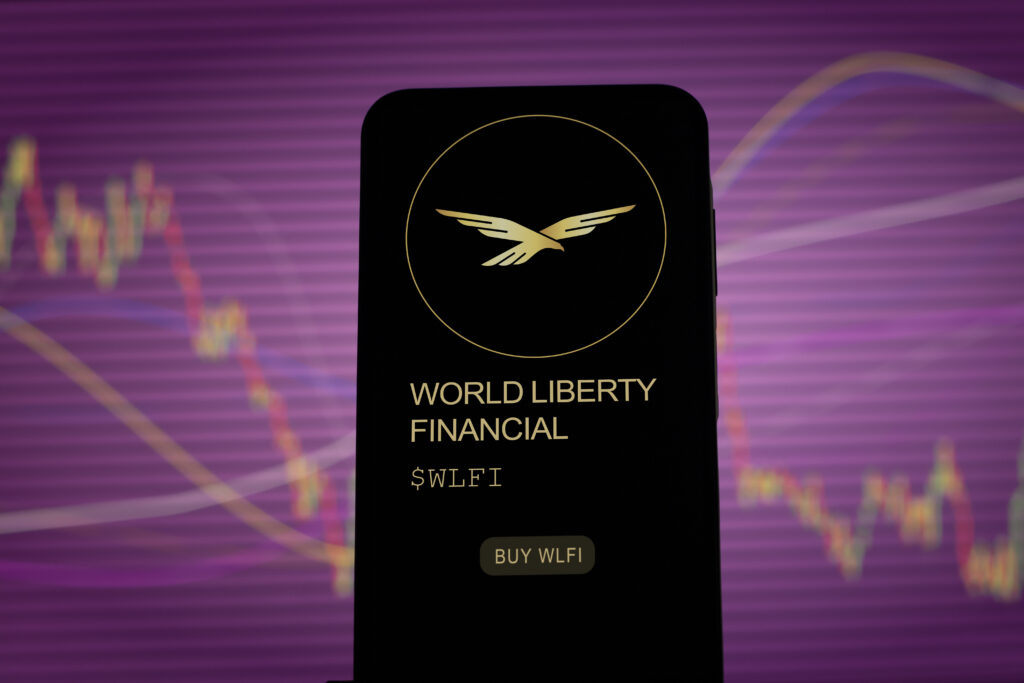
Key Takeaways:
- World Liberty Financial, backed by Donald Trump, signed an LOI with the Pakistan Crypto Council to boost blockchain adoption and DeFi growth in Pakistan.
- The partnership will focus on regulatory sandboxes, stablecoin use, real-world asset tokenization, and expanding DeFi protocols.
- Pakistan, ranked 9th globally for crypto adoption, is modernizing its regulatory framework with input from leaders like former Binance CEO Changpeng Zhao.
World Liberty Financial, a decentralized finance (DeFi) platform backed by U.S. President Donald Trump, has signed a Letter of Intent (LOI) with the Pakistan Crypto Council to promote blockchain and crypto adoption in Pakistan.
Under the agreement, World Liberty Financial will help establish regulatory sandboxes, expand stablecoin use for remittances and trade, explore real-world asset tokenization, and support decentralized finance protocols.
Today marks a major step forward for Pakistan’s digital economy.
— Pakistan Crypto Council (@cryptocouncilpk) April 27, 2025
The Pakistan Crypto Council, led by CEO @Bilalbinsaqib, has signed a Letter of Intent (LOI) with @worldlibertyfi, a decentralized finance (DeFi) platform backed by @realDonaldTrump, to accelerate blockchain… pic.twitter.com/zVFKnMsHzu
Founders Zach Witkoff, Zak Folkman, and Chase Herro signed the LOI alongside Pakistan Crypto Council CEO Bilal bin Saqib, with top Pakistani officials present.
Launched last year, World Liberty Financial, partially owned by the Trump family, aims to drive global crypto innovation.
The Pakistan Crypto Council, a government-backed body, oversees crypto regulation and encourages blockchain initiatives.
Pakistan ranks ninth globally for crypto adoption, with an estimated 25 million users and $300 billion in annual transactions.
Finance Minister Muhammad Aurangzeb highlighted Pakistan’s youth and tech sector as key drivers for blockchain leadership.
In a broader shift, Pakistan recently appointed former Binance CEO Changpeng Zhao as an adviser and proposed a phased regulatory framework to address financial security concerns, marking a significant change from its previous anti-crypto stance in 2023.

